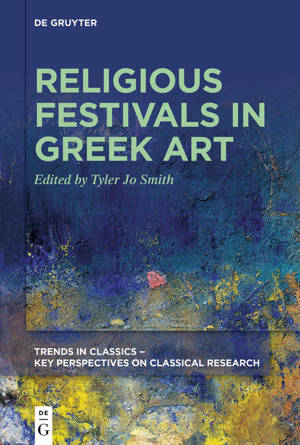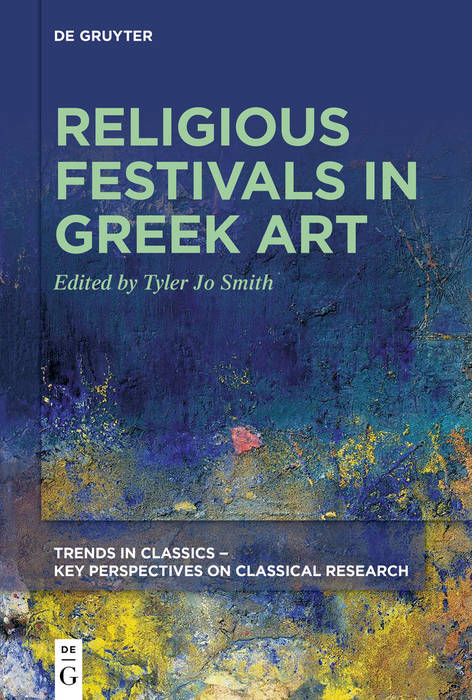
- Retrait gratuit dans votre magasin Club
- 7.000.000 titres dans notre catalogue
- Payer en toute sécurité
- Toujours un magasin près de chez vous
- Retrait gratuit dans votre magasin Club
- 7.000.0000 titres dans notre catalogue
- Payer en toute sécurité
- Toujours un magasin près de chez vous
Description
Although ancient Greek festivals are well understood on the basis of textual evidence, there is no up-to-date or sustained treatment of these dynamic, multi-day events in relation to ancient art. The current book examines the way ancient Greek festivals have been treated in scholarly research overtime as well as how festivals have been understood within the larger scope of ancient religion. By way of introduction, the ancient Greek terminology related to festivals - from their names to their component parts - is outlined, as are the key iconographic elements and descriptive vocabulary used to convey such complex subject matter on the surface of a vase or votive relief, in a large-scale sculpture, or in miniature on a gem. Of particular importance is the problem of identifying a festival or related activity (as opposed to private or domestic religion), and then of matching the iconography with a known, named occasion from antiquity (e.g. Anthesteria, Panathenaia, Thargelia). Readers will better understand the significance, complexity, and place of religious festivals in ancient Greek visual culture.
Spécifications
Parties prenantes
- Auteur(s) :
- Editeur:
Contenu
- Nombre de pages :
- 200
- Langue:
- Anglais
- Collection :
Caractéristiques
- EAN:
- 9783110658552
- Date de parution :
- 14-11-24
- Format:
- Livre broché
- Format numérique:
- Trade paperback (VS)
- Dimensions :
- 155 mm x 230 mm

Les avis
Nous publions uniquement les avis qui respectent les conditions requises. Consultez nos conditions pour les avis.






